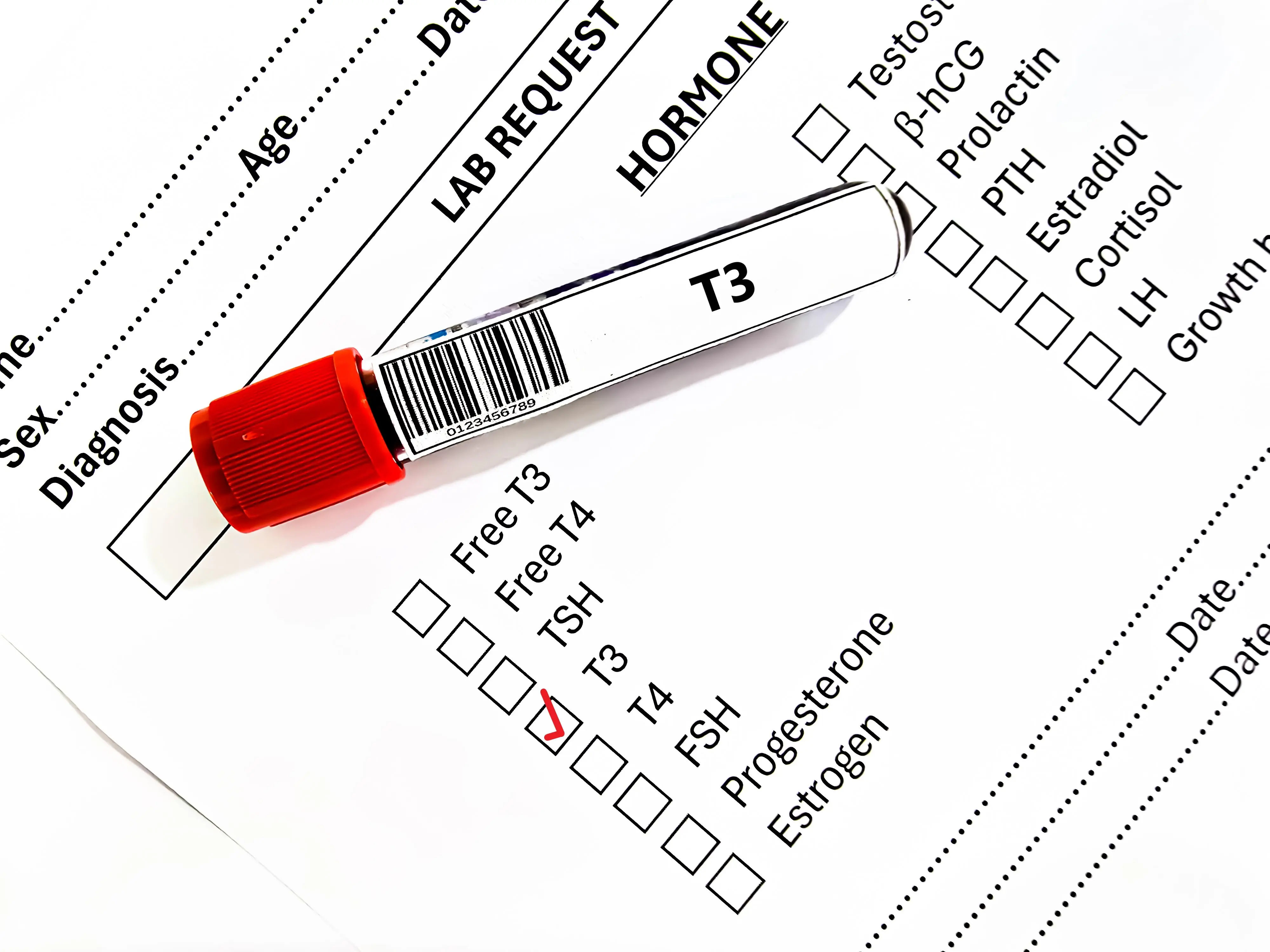Baby Weight Chart for Boys
Track your baby boy’s growth with our easy-to-read weight chart. Learn what’s normal, when to worry, and how to support healthy development.

Written by Dr. Vasanthasree Nair
Reviewed by Dr. D Bhanu Prakash MBBS, AFIH, Advanced certificate in critical care medicine, Fellowship in critical care medicine
Last updated on 30th Jul, 2025

As a parent, keeping track of your baby’s growth is one of the most important ways to ensure they are healthy and developing well. A baby weight chart for boys helps you understand whether your little one is growing at a steady and healthy pace.
In this article, we’ll explain what baby weight charts are, why they matter, and how to use them. We’ll also discuss when to be concerned and what steps you can take to support your baby’s healthy growth.
Understanding Baby Weight Charts
A baby weight chart is a tool that shows the average weight range for boys at different ages. Pediatricians use these charts to track growth and identify any potential concerns early.
How Are Baby Weight Charts Used?
Growth Tracking: Doctors compare your baby’s weight with standard growth patterns.
Early Detection: Helps spot underweight or overweight issues early.
Feeding Guidance: Ensures your baby is getting enough nutrition.
Average Baby Weight for Boys (Birth to 12 Months)
Here’s a general guide for baby boys’ weight:
| Age | Average Weight (kg) | Healthy Weight Range (kg) |
| Newborn | 3.3 kg | 2.5 – 4.5 kg |
| 1 Month | 4.5 kg | 3.4 – 5.7 kg |
| 3 Months | 6.4 kg | 5.0 – 8.0 kg |
| 6 Months | 7.9 kg | 6.2 – 9.7 kg |
| 9 Months | 9.2 kg | 7.2 – 11.1 kg |
| 12 Months | 10.2 kg | 8.0 – 12.2 kg |
Note: These are approximate values. Every baby grows at their own pace.
Why Does Baby Weight Matter?
A baby’s weight is a key indicator of their overall health. Here’s why tracking it is important:
Nutrition Check: Ensures your baby is getting enough breast milk or formula.
Development Milestones: Proper weight gain supports muscle and brain growth.
Health Alerts: Sudden weight loss or slow gain may signal health issues.
What Affects a Baby’s Weight?
Several factors influence a baby’s weight, including:
Genetics (parents’ height and weight)
Feeding Habits (breastfeeding, formula, or mixed feeding)
Birth Weight (premature babies may grow differently)
Health Conditions (digestive issues, infections, or allergies)
When Should You Be Concerned?
While slight variations are normal, consult a pediatrician if:
Slow Weight Gain: Baby isn’t gaining weight as expected.
Sudden Weight Loss: Dropping percentiles on the growth chart.
Excessive Weight Gain: Could indicate overfeeding or metabolic issues.
Consult a Top Pediatrician for the best advice
Tips for Healthy Baby Weight Gain
If your baby is underweight or overweight, here are some ways to help:
For Underweight Babies:
Frequent Feeding: Breastfeed or offer formula every 2-3 hours.
Check Latch: Ensure proper breastfeeding technique.
High-Calorie Foods (after 6 months): Add healthy fats like avocado or ghee to solids.
For Overweight Babies:
Avoid Overfeeding: Follow hunger cues instead of forcing feeds.
Encourage Movement: Tummy time helps burn calories.
Limit Sugary Foods: Avoid juices or sweetened baby foods.
When to See a Doctor?
If you notice any of the following, schedule a consultation with a pediatrician:
No weight gain for 2 months.
Extreme fussiness or lethargy.
Frequent vomiting or diarrhea.
Need expert advice? You can book a pediatric consultation on Apollo24|7 for personalized guidance.
Conclusion
Every baby grows differently, and minor fluctuations in weight are normal. Regularly tracking your baby’s weight using a growth chart helps ensure they stay healthy. If you have any concerns, don’t hesitate to reach out to a doctor.
Remember, a happy, active baby with steady growth is usually a healthy baby!
Would you like to track your baby’s growth more closely? Download the Apollo24|7 app for growth tracking tools and expert pediatric consultations.
Consult a Top Pediatrician for the best advice
Consult a Top Pediatrician for the best advice

Abhijeet
Speech Pathologist and Audiologist
8 Years • DHLS, Audiologist and Speech Language pathologist
Pune
Apollo Clinic, Nigdi, Pune

Dr. Karan
Speech Therapist
5 Years • Diploma in hearing, language and speech
Gurugram
APOLLO SUGAR CLINICS GURUGRAM, Gurugram

Mr. Himanshu Khanna
Speech Therapist
27 Years • M.Sc. Speech & Hearing
Delhi
Apollo Hospitals Indraprastha, Delhi

Ms. Ayushi Singh
Speech Therapist
2 Years • BASLP, Msc (Speech Language pathology )
Indore
Apollo Hospitals Vijay Nagar, Indore

Dr. Ashique Rahman
Speech Therapist
9 Years • Masters in Audiology, Bachelors in Audiology & Speech Language Pathology
Gurugram
APOLLO SUGAR CLINICS GURUGRAM, Gurugram




